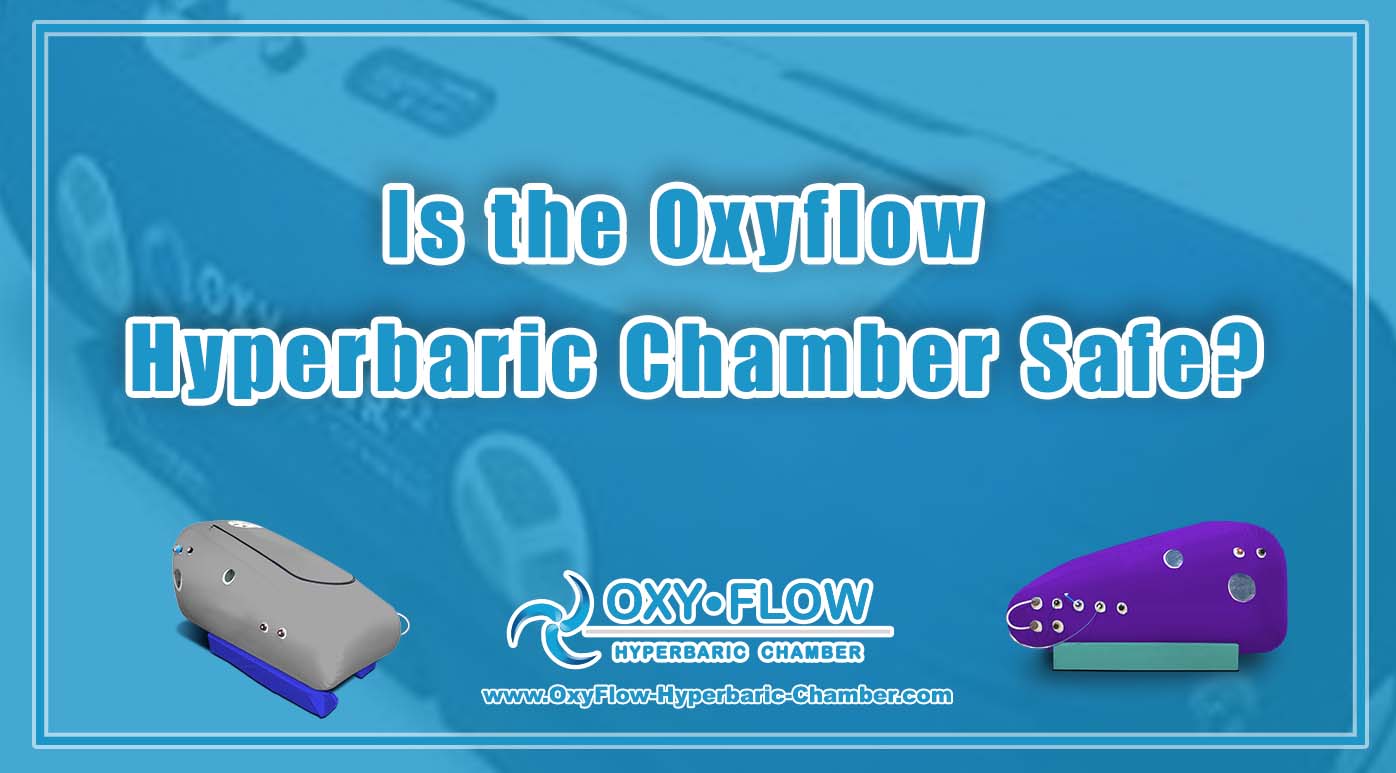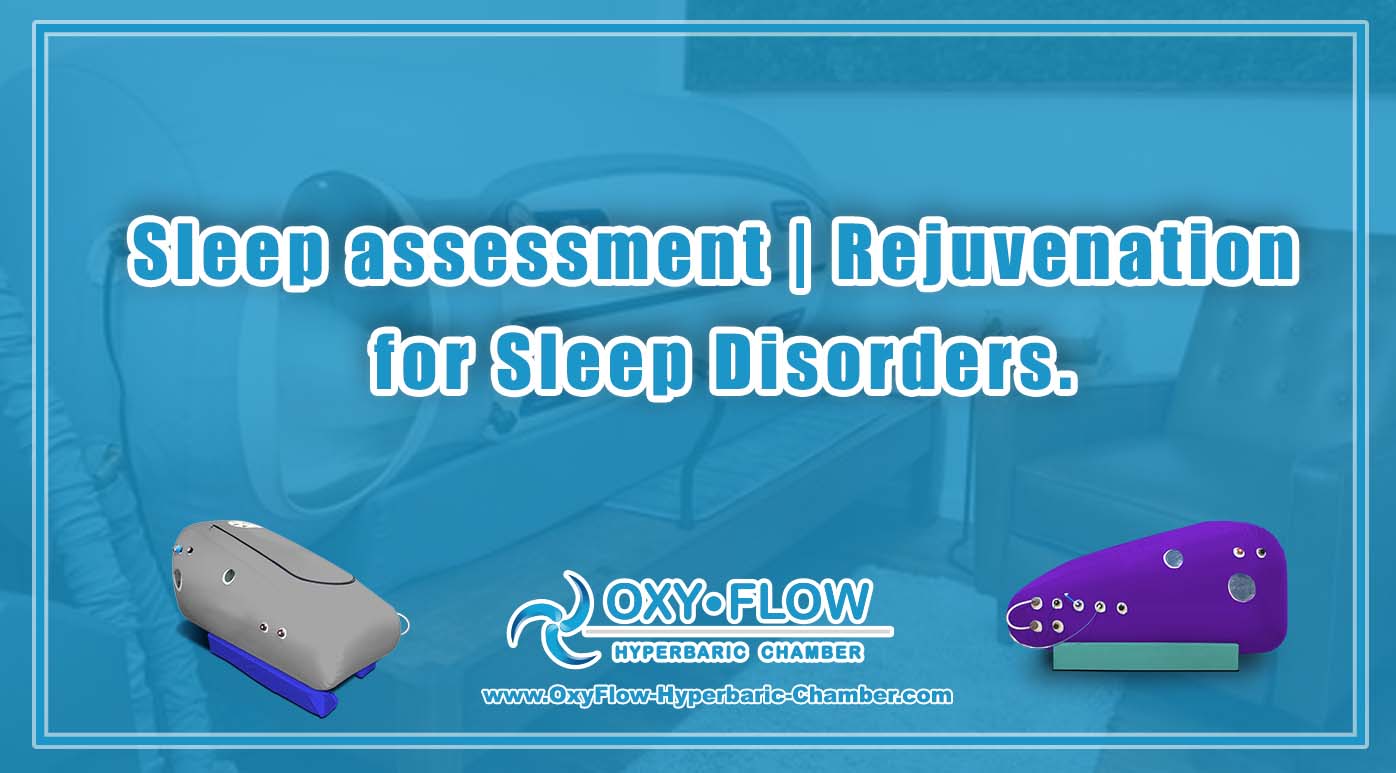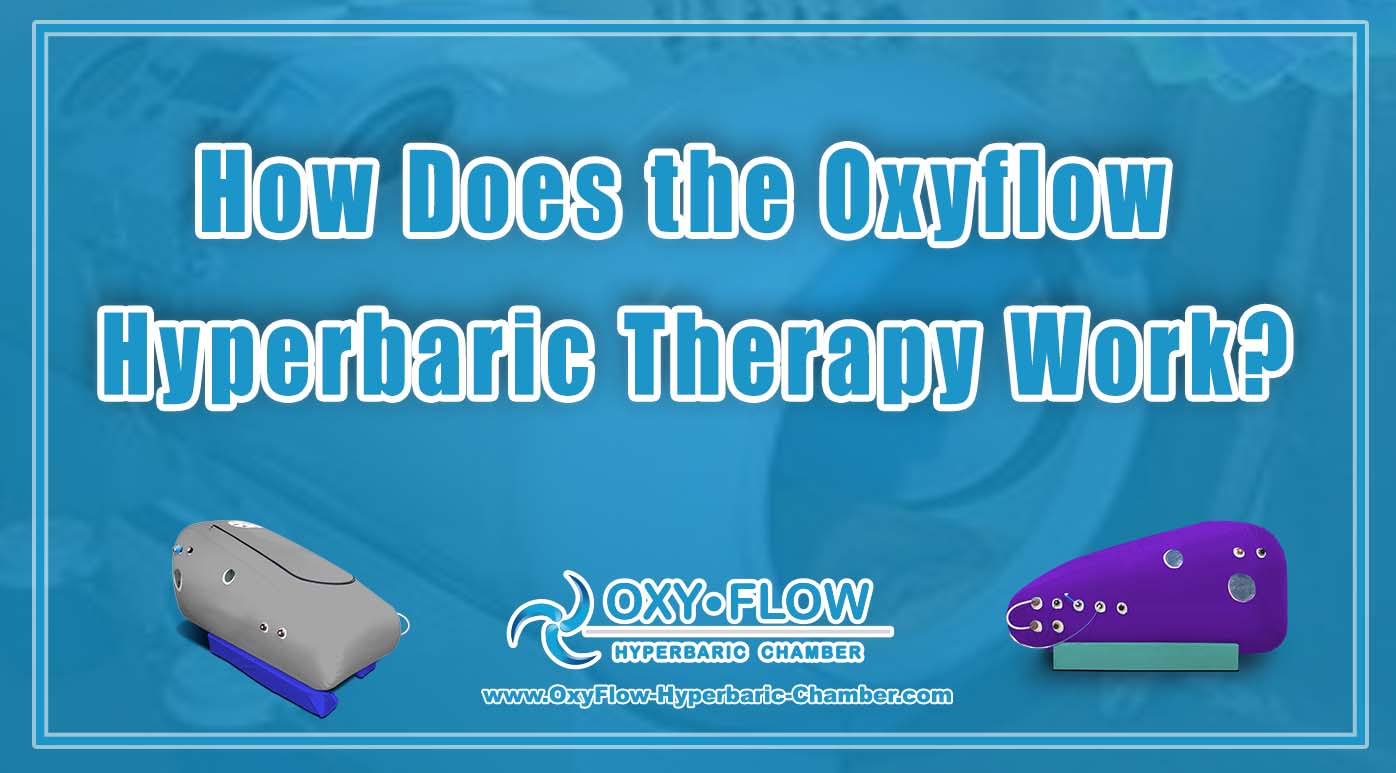
Menu
Sleep assessment | Rejuvenation for Sleep Disorders.
Sleep assessment | Rejuvenation for Sleep Disorders.

Sleep assessment Sleep is a vital component of our overall well-being, yet many of us struggle to achieve a restful night’s sleep. Sleep disorders can have a significant impact on our quality of life, affecting our energy levels, mood, and cognitive function. In recent years, hyperbaric sleep therapy has emerged as a promising treatment option for individuals suffering from sleep disorders. By harnessing the power of increased oxygen levels, hyperbaric sleep therapy aims to rejuvenate the body and promote restful, rejuvenating sleep.
Sleep assessment Understanding Sleep Disorders
Before delving into the benefits of hyperbaric sleep therapy, it is important to understand the common types of sleep disorders that can disrupt our ability to achieve quality sleep.
Insomnia
Insomnia is a prevalent sleep disorder characterized by difficulty falling asleep, staying asleep, or experiencing non-restorative sleep. Individuals with insomnia often struggle with daytime fatigue, irritability, and impaired concentration due to their disrupted sleep patterns.
Sleep Apnea
Sleep apnea is a condition in which a person’s breathing repeatedly stops and starts during sleep. This interruption in breathing can lead to fragmented sleep, loud snoring, and daytime drowsiness. Over time, untreated sleep apnea can increase the risk of serious health issues such as heart disease and stroke.
Sleep assessment Restless Leg Syndrome
Restless Leg Syndrome (RLS) is a neurological disorder characterized by an irresistible urge to move the legs, often accompanied by uncomfortable sensations. These symptoms typically worsen at night, making it challenging for individuals with RLS to fall and stay asleep.
Sleep assessment Introducing Hyperbaric Sleep Therapy
Hyperbaric sleep therapy involves the use of a hyperbaric chamber to deliver pure oxygen at increased atmospheric pressure. This pressurized environment allows the body to absorb higher levels of oxygen, which can have a range of therapeutic benefits, including improved sleep quality.
Enhanced Oxygen Delivery
One of the key mechanisms behind hyperbaric sleep therapy is its ability to enhance oxygen delivery to tissues throughout the body. Oxygen is essential for cellular function and energy production, and by increasing oxygen levels in the bloodstream, hyperbaric therapy can promote healing and rejuvenation at a cellular level.
Sleep assessment Reduction of Inflammation
Inflammation is a common underlying factor in many sleep disorders, contributing to symptoms such as pain, fatigue, and disrupted sleep. Hyperbaric therapy has been shown to reduce inflammation in the body, which can help alleviate symptoms associated with sleep disorders and promote overall relaxation.
Neurological Benefits
The brain plays a crucial role in regulating sleep-wake cycles and maintaining healthy sleep patterns. Hyperbaric sleep therapy has been shown to have neuroprotective effects, supporting brain health and cognitive function. By optimizing brain function, hyperbaric therapy may help improve sleep quality and duration.
Scientific Evidence Supporting Hyperbaric Sleep Therapy
Research studies have demonstrated the efficacy of hyperbaric sleep therapy in improving sleep quality and addressing symptoms of various sleep disorders. A randomized controlled trial published in the Journal of Sleep Medicine & Disorders found that individuals who underwent hyperbaric therapy experienced a significant reduction in insomnia symptoms and reported improved sleep efficiency compared to a control group.
Another study published in the Journal of Neurology & Neuroscience explored the effects of hyperbaric therapy on individuals with restless leg syndrome. The researchers observed a decrease in RLS symptoms and an improvement in sleep duration and quality following a series of hyperbaric sessions.
How to Incorporate Hyperbaric Sleep Therapy into Your Routine
A medical professional can assess your condition, determine if hyperbaric therapy is appropriate for you, and tailor a treatment plan to suit your individual needs. During a session, you will enter a hyperbaric chamber where you will breathe in pure oxygen at increased pressure levels. Sessions are non-invasive and painless, allowing you to relax and unwind while experiencing the therapeutic benefits of hyperbaric therapy.
Conclusion
Quality sleep is essential for our physical, mental, and emotional well-being. Sleep disorders can disrupt our ability to achieve restful, rejuvenating sleep, impacting our overall health and quality of life. Hyperbaric sleep therapy offers a promising solution for individuals struggling with sleep disorders, providing a non-invasive and effective way to enhance sleep quality, reduce inflammation, and support overall wellness.
By harnessing the power of increased oxygen levels in a pressurized environment, hyperbaric sleep therapy aims to rejuvenate the body and promote optimal sleep patterns. As ongoing research continues to explore the benefits of hyperbaric therapy for sleep disorders, it may become an increasingly valuable tool in the treatment and management of sleep-related conditions. If you are seeking a natural and holistic approach to improving your sleep quality, consider exploring the potential benefits of hyperbaric sleep therapy under the guidance of a healthcare professional.
Recent Posts
Product categories
Ready for Hyperbaric Oxygen Chamber?
stay up to date with the latest news


